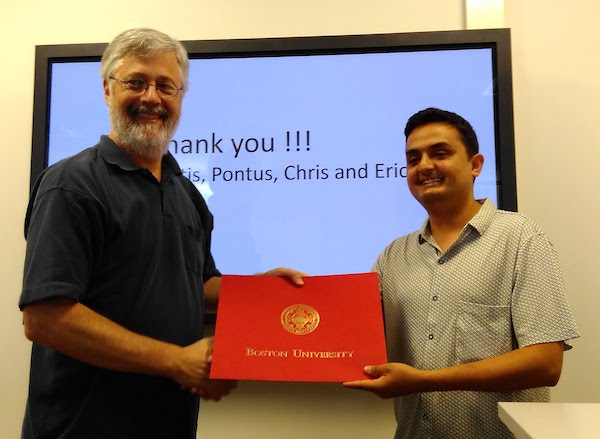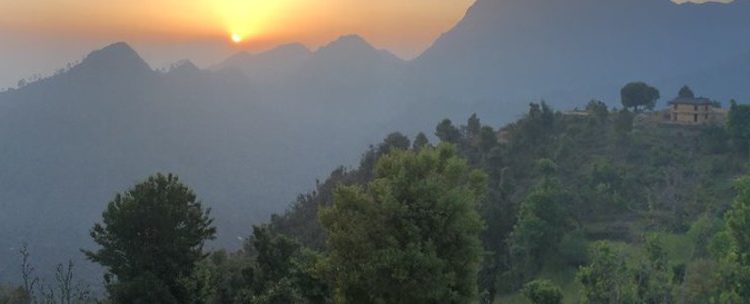About forty percent of Nepal’s land is covered by forests that provide crucial benefits to the local communities such as food, firewood, medicinal plants, and raw material for the wood industries.
“Forests serve as an important component of Nepal’s economy, and better monitoring and managing them is critical to supporting the country’s sustainable development,” says Shiva Khanal, former GOFC-GOLD Data Initiative fellow and Research Officer at the Forest Research and Training Center (FRTC) in Nepal.
“Due to the high diversity of the country’s landscape, and the difficult access of some of the high-altitude areas, field monitoring is costly, and often not even possible. Approaches that integrate remote sensing with field data are a much better option for monitoring forest and land cover in Nepal’s mountains.”
When Shiva took part in the 2015 GOFC-GOLD Data Initiative, he had already almost 10 years of experience in working in and around forests in various capacities including ranger, forest inventory crew leader, and research officer. He was eager to get practical insights into the acquisition and application of satellite data sets. “The Data Initiative helped me gain crucial skills on data management and archiving practices – from accessing to downloading to compiling pertinent regional and countrylevel data sets. These skills have been very useful in my current role and have allowed me to join an important taskforce of the Government of Nepal,” adds Shiva.
“I have been able to contribute to major initiatives of the Forest Ministry. One key example is the National Forest Reference Level, a study of Nepal’s forests emissions submitted to the United Nations Framework Convention on Climate Change (UNFCCC) in 2016 as required under the REDD+ framework. Another example is a 2018 detailed study of the country’s forest cover, requested by the government to properly allocate financial and human resources to new local government structures that were being created around the country.”
“Accurate forest cover and carbon stocks monitoring remains a critical challenge for many countries, and this has motivated me to pursue a PhD at Western Sydney University, Australia, looking into new approaches integrating field observation, satellite data sets and statistical modeling” says Shiva. “Better monitoring will help countries in their efforts to reduce carbon emissions and promote pathways for more sustainable development.”




